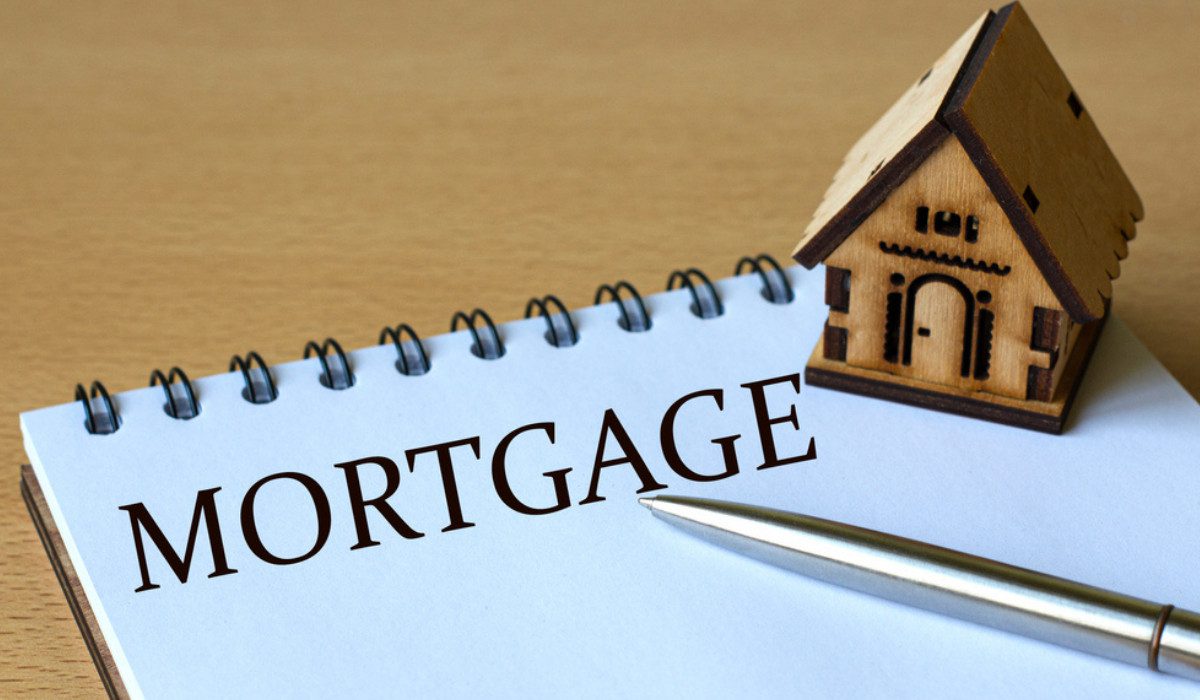Mortgages

Mortgage Benefits
Each month, a portion of your mortgage payment goes toward the principal balance and the rest toward interest. You can make extra payments toward your principal balance and speed up your amortization schedule to save on interest costs and pay off your loan faster. Learn more about Mortgage interest rates.
The mortgage benefit is available for faculty who relocate to a permanent residence within 25 aerial miles of Middletown and meet CHFA income limits. Visiting faculty and staff are not eligible.
Mortgage
Mortgages are an excellent way to buy a home without having to pay the entire price up front. This is because the lender agrees to lend you money that you pay back, plus interest, over a set amount of time.
Lenders use a process called debt-to-income ratio to evaluate your financial ability to repay the mortgage. This includes analyzing your current income, debts, assets and credit profile. Lenders also look at the amount of funds you have available in liquid accounts, such as savings and checking account balances, stock investments and money market accounts.
Mortgage closing costs include various fees associated with underwriting, processing, document preparation and funding of your loan. These costs usually total 2% to 5% of the loan amount and may include property tax, mortgage insurance, survey, title search, recording fees and discount points. Some lenders charge these fees as a form of prepaid interest, which can reduce your mortgage's overall cost.
Loan
A mortgage loan is a type of debt that is secured by real property. Unlike other types of loans, the mortgage lender gets a lien against the property and can foreclose on it if you fail to make payments. A mortgage can help you afford a more expensive home than you would be able to afford with cash or other types of debt.
When applying for a mortgage, you will need to submit financial documents such as paycheck stubs, tax returns, W-2s and bank statements. These are used to calculate your debt-to-income ratio and creditworthiness. Having these documents prepared ahead of time can make the process go more smoothly.
Some loans, including government-backed and low-down conventional mortgages, have income limits that you must meet to qualify. Your credit score is also important when applying for a mortgage. Your credit score reflects your past history of borrowing and can impact the interest rate you receive. You can improve your credit score by paying off debt and reducing the amount of money you owe.
Collateral
Collateral is property or assets that borrowers pledge to lenders in order to secure loans. If a borrower fails to repay a loan according to its terms, the lender can take possession of the collateral and sell it to recoup the cost of the debt. The concept of offering something of value as security for a debt is an ancient one, and it continues to be widely used today.
For example, when someone takes out a mortgage or an auto loan, their home or car becomes the collateral of the loan. If they fail to make their payments, the lender can take ownership of their house or car through a legal process called foreclosure.
Collateral is also used in business finance to reduce the risk of lending money to small businesses or individuals with poor credit histories. It can take the form of a cash deposit or other types of financial assets that the business or individual owns.
Interest
When you take out a mortgage, your monthly payments will include two parts: principal and interest. The principal is the original amount you borrowed, and the interest is a fee for borrowing the money. Initially, more of your payment goes toward interest than principal, but over time the percentage that pays interest decreases and the remainder goes towards repayment of the principal.
Lenders set your mortgage interest rate based on a number of factors, including how risky they think it is to lend you the money. The higher your credit score and the lower your other debt, the less risky it is for lenders to extend you a mortgage, so they will charge you a smaller interest rate.
Even a small difference in your mortgage rate can save you thousands of dollars over the course of your loan. So, it pays to shop around for the best rates. This way, you can reap the benefits of a mortgage in full.